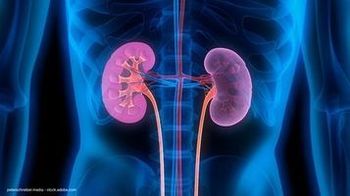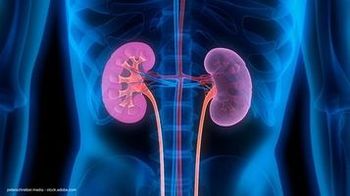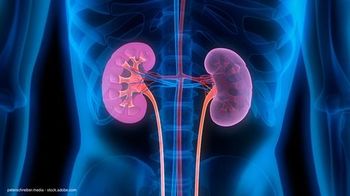
Clinical trials: Prostate Ca immunotherapy well tolerated
Sipuleucel-T (Provenge), an autologous cellular immunotherapy for metastatic, hormone-resistant prostate cancer, demonstrated few adverse events compared with controls in analysis of randomized clinical trials presented at the AUA annual meeting in San Francisco.
Sipuleucel-T (Provenge), an autologous cellular immunotherapy for metastatic, hormone-resistant prostate cancer, demonstrated few adverse events compared with controls in analysis of randomized clinical trials presented at the AUA annual meeting in San Francisco.
The analysis includes data from four randomized trials in patients with either metastatic, castrate-resistant prostate cancer or androgen-dependent prostate cancer that were integrated to examine the safety profile of sipuleucel-T across the four studies. The safety evaluation was based on 601 prostate cancer patients who underwent at least one leukapheresis procedure.
In controlled clinical trials, serious adverse events included acute infusion reactions (occurring within 1 day of infusion) and cerebrovascular events. Severe acute infusion reactions were reported in 3.5% of patients compared with 2.6% patients in the control group. Reactions included chills, fever, fatigue, asthenia, and dyspnea. The most common adverse events (incidence ≥15%) were chills, fatigue, fever, back pain, nausea, joint ache, and headache. No grade 4 or 5 acute fusion reactions were reported in patients in the sipuleucel-T group.
"The approval of Provenge provides us with an important new, front-line option for men with asymptomatic or minimally symptomatic metastatic castrate-resistant prostate cancer," said lead author Simon Hall, MD, of Mount Sinai Medical Center, New York.
Dr. Hall is an investigator for Dendreon Corp.
Newsletter
Stay current with the latest urology news and practice-changing insights — sign up now for the essential updates every urologist needs.





